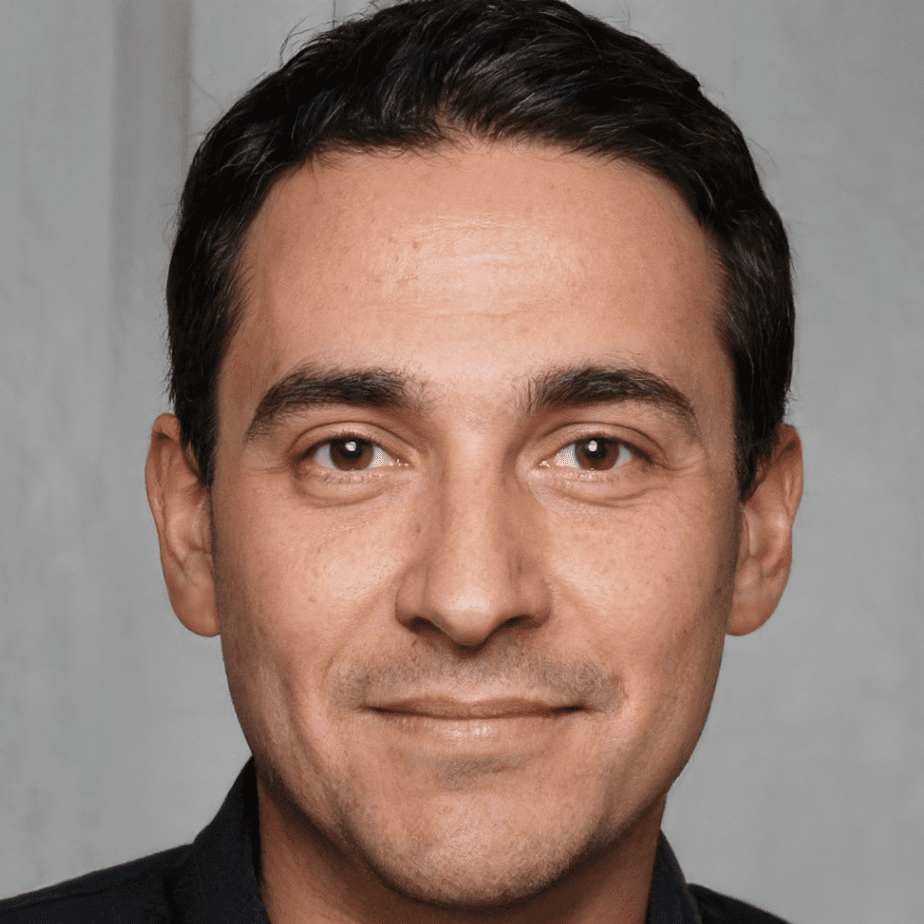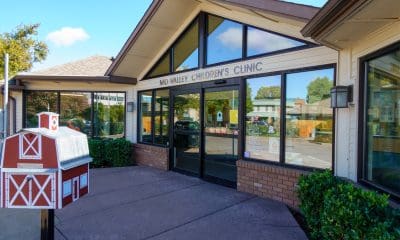Health
Newly Approved Medication for RSV Short in Supply, Leaving Babies at Risk


High Demand for RSV Medication Causes Shortage
A recently approved treatment for Respiratory Syncytial Virus (RSV) is facing a shortage as demand outpaces supply. The U.S. Food and Drug Administration approved nirsevimab, an antibody that prevents RSV from infecting cells, in July. However, the Centers for Disease Control and Prevention (CDC) issued an alert on October 23, stating that the drug is in short supply and should be reserved for babies at the highest risk of complications from RSV.
What is Nirsevimab?
Nirsevimab is not a treatment for RSV, but a preventive measure. It works similarly to a vaccine, providing short-term protection for infants. The antibody fills in for the antibodies that babies can't produce in sufficient quantities to fend off the virus. It's crucial for babies to receive the antibodies during RSV season to give them the best chance of avoiding infection.
Reasons for the Shortage
The shortage of nirsevimab is attributed to the unexpected high demand for the medication. The surge in demand hit all at once, overwhelming supply. Additionally, doctors faced difficult financial decisions about how many doses to purchase. With around 2.4 million babies born in the U.S. each year, the number of babies eligible for nirsevimab is significant.
Efforts to Address the Shortage
To address the shortage, Sanofi and AstraZeneca, the companies responsible for distributing and manufacturing nirsevimab, are working to maximize production and packaging capacity. They are also adding more manufacturing sites to meet the demand. The mismatch between supply and demand is expected to be resolved by next year, as babies born in the fall will receive nirsevimab before the RSV season starts.
Use of Alternative Medication
Due to the shortage, doctors are continuing to use palivizumab, another drug that prevents RSV infections, for babies who qualify for it. Palivizumab requires monthly injections throughout the RSV season and is approved for a specific group of high-risk babies.
Recommendations for Allocating Available Doses
The CDC and the American Academy of Pediatrics (AAP) recommend that the available doses of nirsevimab be prioritized for the youngest babies, those under six months old, and those with congenital heart problems or lung conditions. Doubling the dose or using a lower dose is not recommended due to lack of studies on efficacy and safety.
Addressing the Shortage: Vaccination and Prevention
To address the shortage, pregnant individuals can get vaccinated against RSV during their 32nd through 36th weeks of pregnancy. This can pass on antibodies to their babies, protecting them from RSV from birth. Vaccinating older individuals against RSV can also help protect babies from exposure to the virus. Pediatricians reassure parents that most healthy babies who get infected with RSV won't get sick enough to be hospitalized. Basic prevention measures such as frequent handwashing, keeping sick toddlers away from infants, and avoiding crowded gatherings are crucial in preventing the spread of RSV and other respiratory diseases.


Hey there! I’m William Cooper, your go-to guy for all things travel at iMagazineDaily. I’m 39, living the dream in Oshkosh, WI, and I can’t get enough of exploring every corner of this amazing world. I’ve got this awesome gig where I blog about my travel escapades, and let me tell you, it’s never a dull moment! When I’m not busy typing away or editing some cool content, I’m out there in the city, living it up and tasting every crazy delicious thing I can find. Join me on this wild ride of adventures and stories, right here at iMagazineDaily. Trust me, it’s going to be a blast! 🌍✈️🍴









